On the morning of June 9, in the hallway of the National Assembly, answering reporters' questions about the power shortage situation, Prime Minister Pham Minh Chinh said he had assigned Deputy Prime Minister Tran Hong Ha to monitor the issue and handle it when necessary.
The Prime Minister said that on June 8, the Government issued Directive No. 20/CT-TTg of the Prime Minister on enhancing electricity saving in the period of 2023 - 2025 and the following years.
When asked about the power shortage in production and business, does the Government have a plan to support businesses? The Prime Minister said that he has assigned the relevant agencies to grasp the situation, promptly resolve it and assigned the Deputy Prime Minister to monitor.

On the sidelines of the National Assembly, many National Assembly deputies are also very interested in the current management and operation of Vietnam Electricity Group (EVN).
Delegate Trinh Xuan An (Dong Nai) shared that he and other National Assembly Delegates are very worried about the information that the Deputy Minister of Industry and Trade said "the North could have a power shortage at any time".
The delegate said that to prevent a serious power shortage that affects the power supply to residential areas, the production activities of businesses and ports, it is necessary to make a comprehensive and careful assessment of each field and aspect to avoid impacts on the economy, society, and even security and order.
Last night, Deputy Prime Minister Tran Hong Ha signed Prime Minister ’s Directive No. 20 on enhancing electricity saving. The Directive clearly states that the current electricity supply situation and the coming years will face many challenges, while the demand for electricity is increasing. Using electricity economically and efficiently is an urgent solution to stabilize energy security.
Every year, the whole country strives to save 2% of total electricity consumption; reduce total system power loss to below 6% by 2025; reduce the load capacity of the national power system.
The whole country strives to have 50% of office buildings and residential buildings using self-produced and self-consumed rooftop solar power (consumed on-site, not sold to the national power system) by 2030; by the end of 2025, all street lights will use LED bulbs.
To achieve this goal, agencies and offices coordinate with local electricity companies to develop electricity saving plans, reducing total electricity consumption by 5% each year; and promulgate electricity saving regulations.
Households are encouraged to use electrical appliances with energy labels; turn off electrical appliances when leaving the room; and cut off the power supply when not in use. People should prioritize purchasing high-efficiency electrical appliances or appliances with energy labels that achieve high efficiency; and limit the use of incandescent light bulbs.
Each household is encouraged to install and use rooftop solar power systems to serve local needs; use solar water heaters.
The Prime Minister assigned the Ministry of Industry and Trade to develop a program to encourage businesses and households to use rooftop solar power.
Source


![[Photo] Prime Minister Pham Minh Chinh works with the Standing Committee of Thai Binh Provincial Party Committee](https://vphoto.vietnam.vn/thumb/1200x675/vietnam/resource/IMAGE/2025/5/12/f514ab990c544e05a446f77bba59c7d1)
![[Photo] Prime Minister Pham Minh Chinh starts construction of vital highway through Thai Binh and Nam Dinh](https://vphoto.vietnam.vn/thumb/1200x675/vietnam/resource/IMAGE/2025/5/12/52d98584ccea4c8dbf7c7f7484433af5)



![[Photo] Buddha's Birthday 2025: Honoring the message of love, wisdom, and tolerance](https://vphoto.vietnam.vn/thumb/1200x675/vietnam/resource/IMAGE/2025/5/12/8cd2a70beb264374b41fc5d36add6c3d)
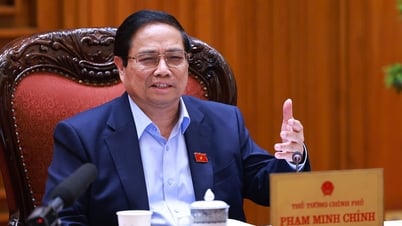

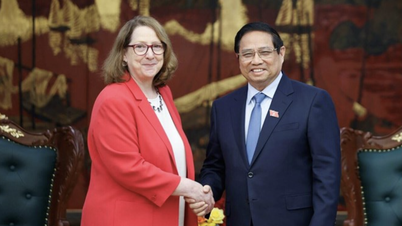





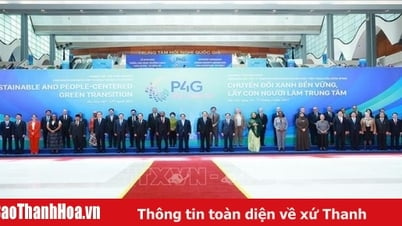

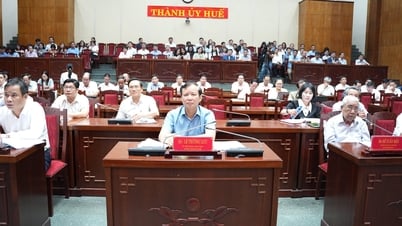



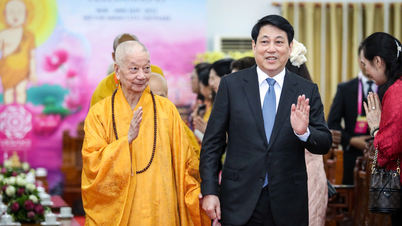
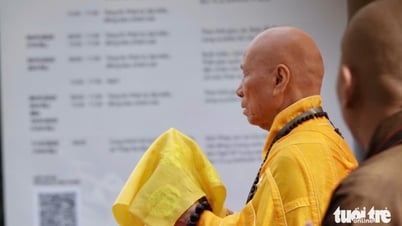
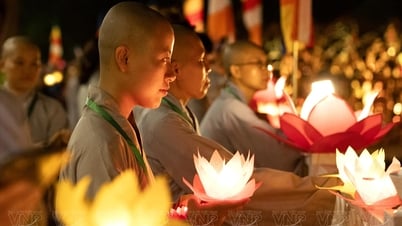
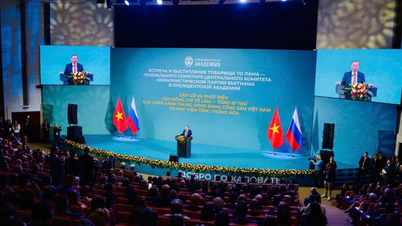





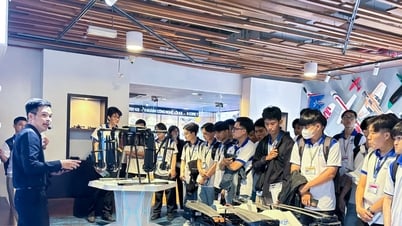













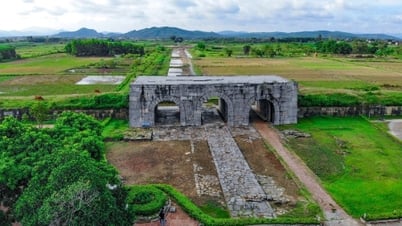










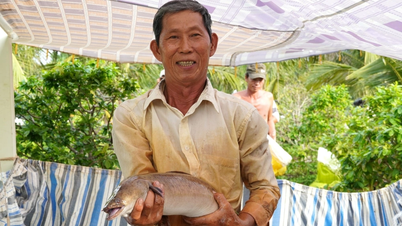






















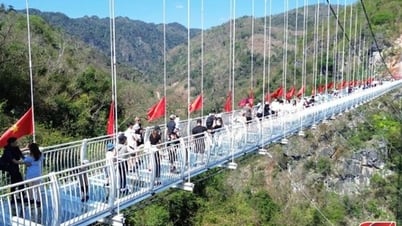





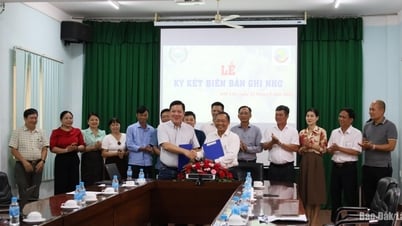
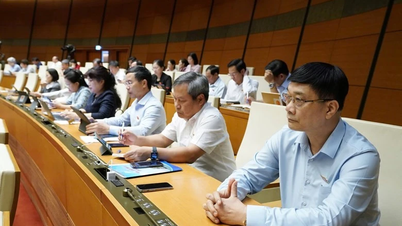















Comment (0)